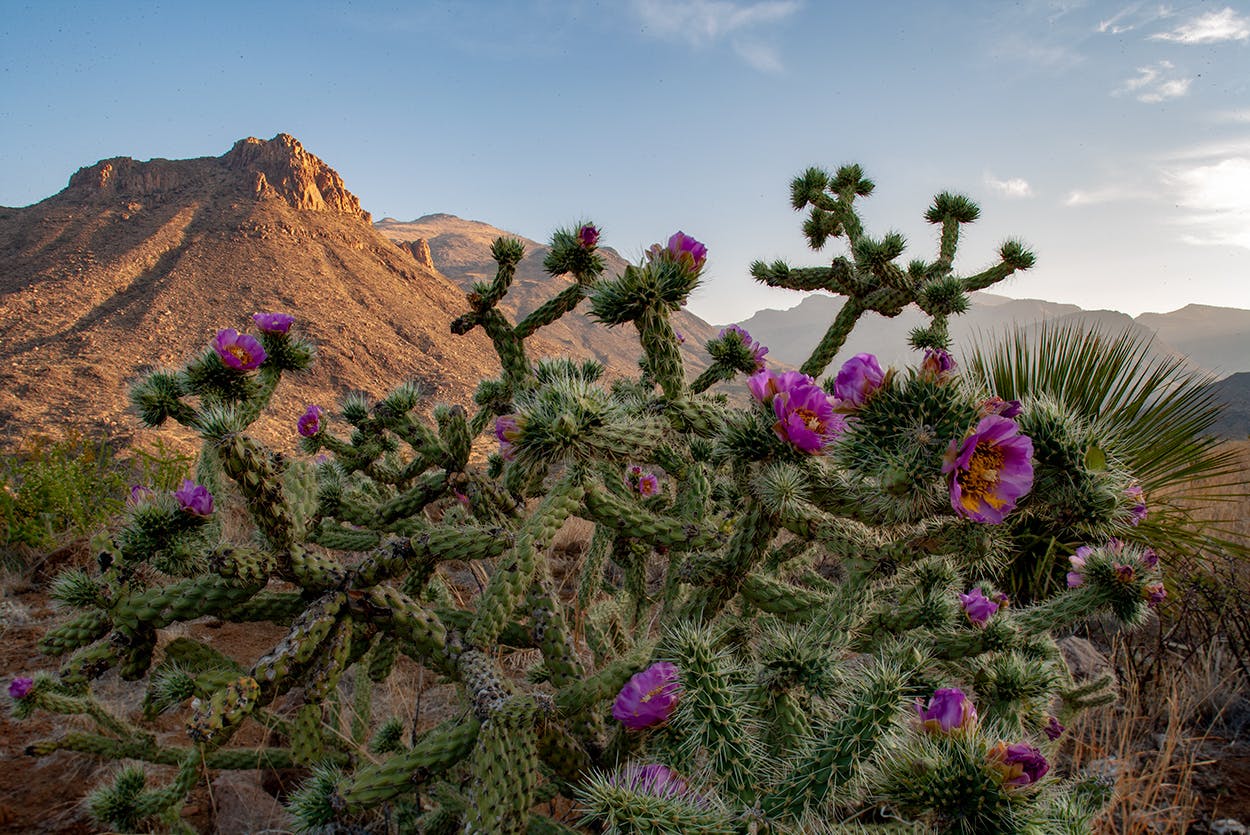Money intended for state parks and historic sites should actually be spent on state parks and historic sites, right?
It took lawmakers a little more than a quarter century to reach that conclusion. Since 1993, sales tax collected from the purchase of sporting goods and outdoor gear was supposed to fund Texas’s system of much-loved yet perpetually cash-strapped state parks and historic sites. Buy a kayak in Texas? In theory, you’re a park benefactor. Same for the purchase of baseball gloves and fishing poles, exercise bikes and the like.
But legislators couldn’t resist withholding the revenue from state parks in order to shore up the state’s general budget. From 1993 to 2015, in fact, just 40 percent of an estimated $2.5 billion in sporting goods sales tax ever made its way to the Texas Parks and Wildlife Department to both operate state parks and provide grants for local and regional parks.
“We’ve been on a roller coaster ride all these years,” says George Bristol, a top booster of state parks.
Bristol is expecting a smoother ride for TPWD in the very near future. On Friday, Governor Greg Abbott signed legislation allowing voters to decide once and for all whether the sporting goods sales tax will be used exclusively for the purpose it was originally intended.
The constitutional amendment will hit the ballot in November. It couldn’t come sooner: TPWD is staring down an estimated $800 million backlog in repairs and maintenance.
“It gets us out of a lot of problems—not all the problems, but a great many of the problems,” Bristol says. “Having a known flow of funds is a big step in the right direction.”
For years, TPWD never knew how much money from the sporting goods sales tax the Legislature would appropriate, if any. The agency was at the mercy of the political climate and the state’s fluctuating financial health. Even as the popularity of state parks has exploded to nearly 10 million visits a year, TPWD was unable to budget more than a year or two in advance. Aging facilities have fallen into disrepair. Long lines and frequent closures await visitors at the busiest parks. On pleasant weekends, forget about trying to get into state park system jewels like Enchanted Rock and Garner State Park without a reservation.
Meanwhile, land either purchased or donated to establish new parks has languished with no timetable to open. TPWD has also been forced to turn down land donations that could have led to the opening of more parks.
“The department couldn’t afford to take dedications of private lands for state parks that were given to us because we didn’t have the funding to open them and operate them. Isn’t that crazy?” says Joseph Fitzsimons, former chairman of the Texas Parks and Wildlife Commission and founder of the Texas Coalition for State Parks, a group pushing for the constitutional dedication of the sporting goods sales tax. “If somebody tries to give you a park and you can’t take it, something’s wrong.”
But now prospects are suddenly looking much brighter for new parks like West Texas’s rugged 38,000-acre Chinati Mountains State Natural Area, donated in 1996, and Powderhorn Ranch State Park, part of a 17,000-acre public coastal prairie on Matagorda Bay. One of the most eagerly awaited state parks in the works—Palo Pinto Mountains, on 4,400 acres of ridges, canyons, and lake on former ranch land 75 miles west of Fort Worth—got an extra boost from the most recent legislative session. Lawmakers appropriated $12.5 million to develop Palo Pinto, which was acquired in 2011. “It’s going to be an awesome state park,” says Rep. John Cyrier, R-Lockhart.
Cyrier authored the House’s version of the sporting goods sales tax bill. If approved by voters this fall, the constitutional amendment would take effect in 2021 and could only be altered by a two-thirds vote in the House and Senate followed by a statewide referendum.
TPWD will receive 94 percent of the sporting goods sales tax—a pot that has grown to about $160 million a year—and the Texas Historical Commission will receive the remaining 6 percent to operate the state’s 22 historic sites. Currently, the sporting goods sales tax funds a little more than half of state park operations, with the remainder mostly coming from entry and camping fees. TPWD would also continue to provide grants to city and county parks from its share of the tax revenue.
“I’ve got to tell you, this is going to be transformative,” Fitzsimons says.
In the past three legislative sessions, there’s been broad bipartisan support to provide steady funding for state parks. In 2015, the Legislature appropriated 100 percent of the sporting goods sales tax; in 2017, it appropriated nearly 90 percent. But legislation to make the funding permanent faltered. It finally got over the last legislative hurdle in late May, during the last full week of the 86th session.
“With Texas being over 94 percent in private lands, the opportunities for people to be out in open spaces are basically through our state park system,” Cyrier says. “Protecting those parks now and preserving them for the future is absolutely critical for the quality of life of all Texans.”
Bristol says his polling over the past decade shows that about 7 in 10 Texans support the constitutional amendment. “As somebody who’s been working on this for more than 18 years,” he says, “I’m more than delighted and glad it’s almost over.”
- More About:
- Politics & Policy
- Greg Abbott








